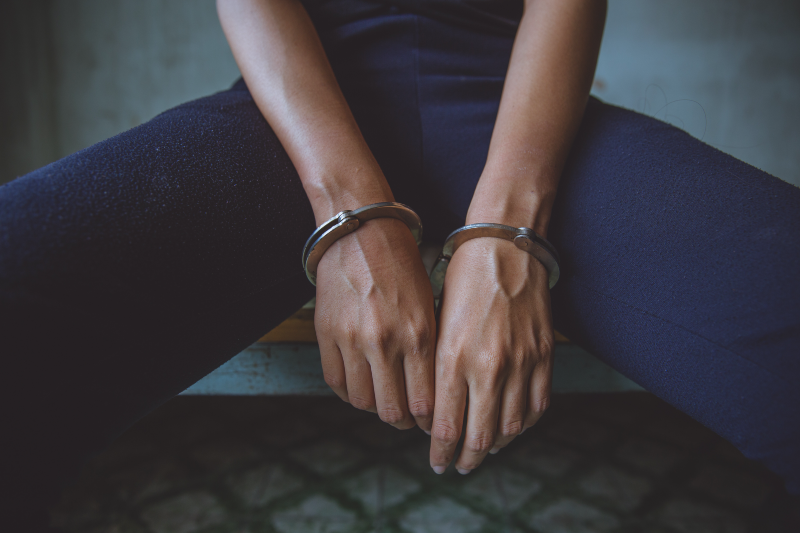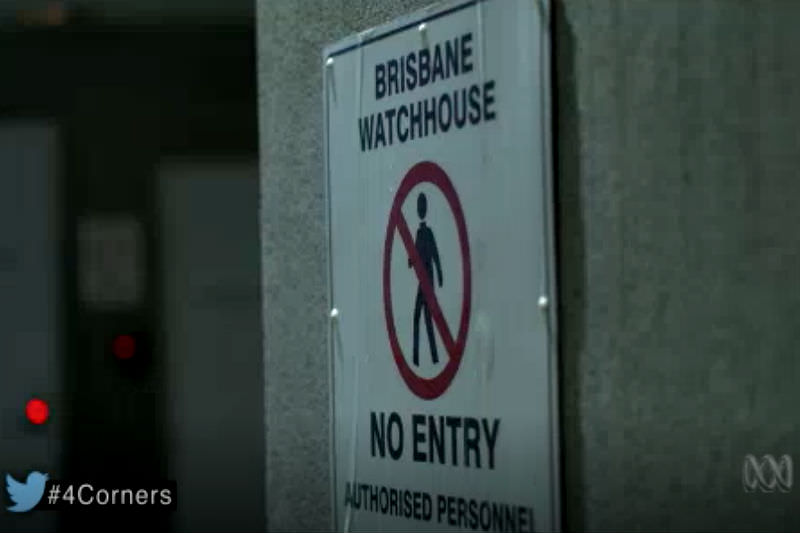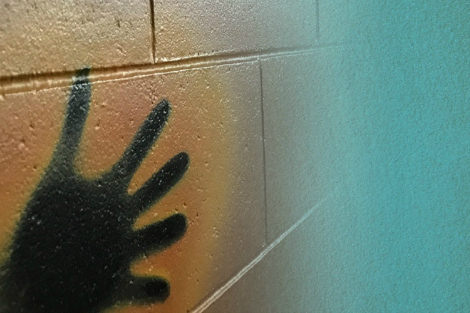Keywords: Solitary Confinement
-

AUSTRALIA
- Clare Johnstone
- 15 September 2020
2 Comments
With COVID-19 having reached the prison population, the risks for prisoners are real. It is plain to see that prisons are vulnerable environments. Hundreds of people detained in close confined quarters and concerns around hygiene standards and access to masks are but some of the issues that make them fertile ground for the virus to grow in.
READ MORE 
-

AUSTRALIA
- Julie Edwards
- 28 May 2019
6 Comments
Almost two years have passed since the youth justice royal commission prompted by the abuses at Darwin's Don Dale youth detention facility. Yet many of its recommendations remain unrealised, largely due to a lack of federal funding support. In the meantime, youth justice has remained at the crossroads in many parts of Australia.
READ MORE 
-

AUSTRALIA
- Andrew Hamilton
- 26 April 2017
7 Comments
We need only to imagine ourselves as a child subject to the practices described in these accounts, to find them scarifying. The recurring images of children lying in the foetal position, in solitary confinement, hooded or surrounded by guards say it all. When we set them against the results of research into the biological and psychological development of children, detention, prolonged lockdowns, isolation and a culture of punishment are destructive and counterproductive.
READ MORE 
-

AUSTRALIA
- Julie Kimber
- 27 July 2016
13 Comments
The 4 Corners report into the treatment of children in a NT juvenile justice facility is a stark and grotesque demonstration of state abuse of power. As a result John Elferink, NT Corrections Minister, has been sacked, and the Prime Minister has announced a royal commission into the actions at Don Dale. This is a good start, but there is much more to be done. We need to question a culture that willingly imprisons the most vulnerable, and puts up with a system where not all are equal before the law.
READ MORE 
-

AUSTRALIA
- Justin Glyn
- 22 September 2014
7 Comments
Terrorism is a real threat but it is hardly a killer on the scale of coronary heart disease or accidental falls, both of which far outstrip terrorism as killers on Australian Bureau of Statistics data. Blanket rollbacks of important civil liberties, until recently taken for granted, cannot but provoke the suspicion that terrorism has become a diversion of the public's attention from something much more sinister.
READ MORE 
-

ARTS AND CULTURE
- Tim Kroenert
- 15 April 2010
'Like most politicians, she was driven by psychological angels and demons', writes musician David Byrne of Imelda Marcos, the former first lady ofthe Philippines. Byrne has written a 'musical' about Marcos' life. From the outset, he risks deifying a monster.
READ MORE 
-

AUSTRALIA
- Jonathan Campton
- 03 July 2009
1 Comment
While day one of the National Human Rights Consultation hearing ended
with a growing hope for the rights of the oppressed, day
two, dominated by politicians and lawyers, diluted this hope in legalism, fear and falsehoods.
READ MORE
-

AUSTRALIA
- Harry Nicolaides
- 09 June 2009
7 Comments
Harry Nicolaides was a prisoner at Bangkok Remand
Prison from September 2008 to February 2009, held on charges of lèse majesté. There he met Benny Moafi, who is serving a 22-year sentence for a crime he did not commit.
READ MORE 
-

INTERNATIONAL
- Vacy Vlazna
- 14 November 2007
4 Comments
In July 2002, Australia voted against a proposal to strengthen the 1984 UN Convention against Torture. John Howard's friendship with George W. Bush has compromised and tainted our once reputable record on human rights advocacy.
READ MORE 
-

INTERNATIONAL
- Rodrigo Acuña
- 03 October 2007
The 'Cuba Five' remain incarcerated in the US on terrorism charges. Since 1959 almost every US administration has seen Cuban civilians as 'fair game' in their efforts to overthrow Castro. Would a Democrat administration take a different approach?
READ MORE 
-

AUSTRALIA
- Daniel Baldino
- 10 July 2006
9 Comments
Howard’s legal positivist stance limits individual rights to the confines of a particular legal system. In the ‘war against terrorism’, there is no safeguard against executive excesses or the seizure by the state of absolute power, no basis to defend the dignity of human persons.
READ MORE 
-

AUSTRALIA
Morag Fraser meets recent travellers to East Timor.
READ MORE 